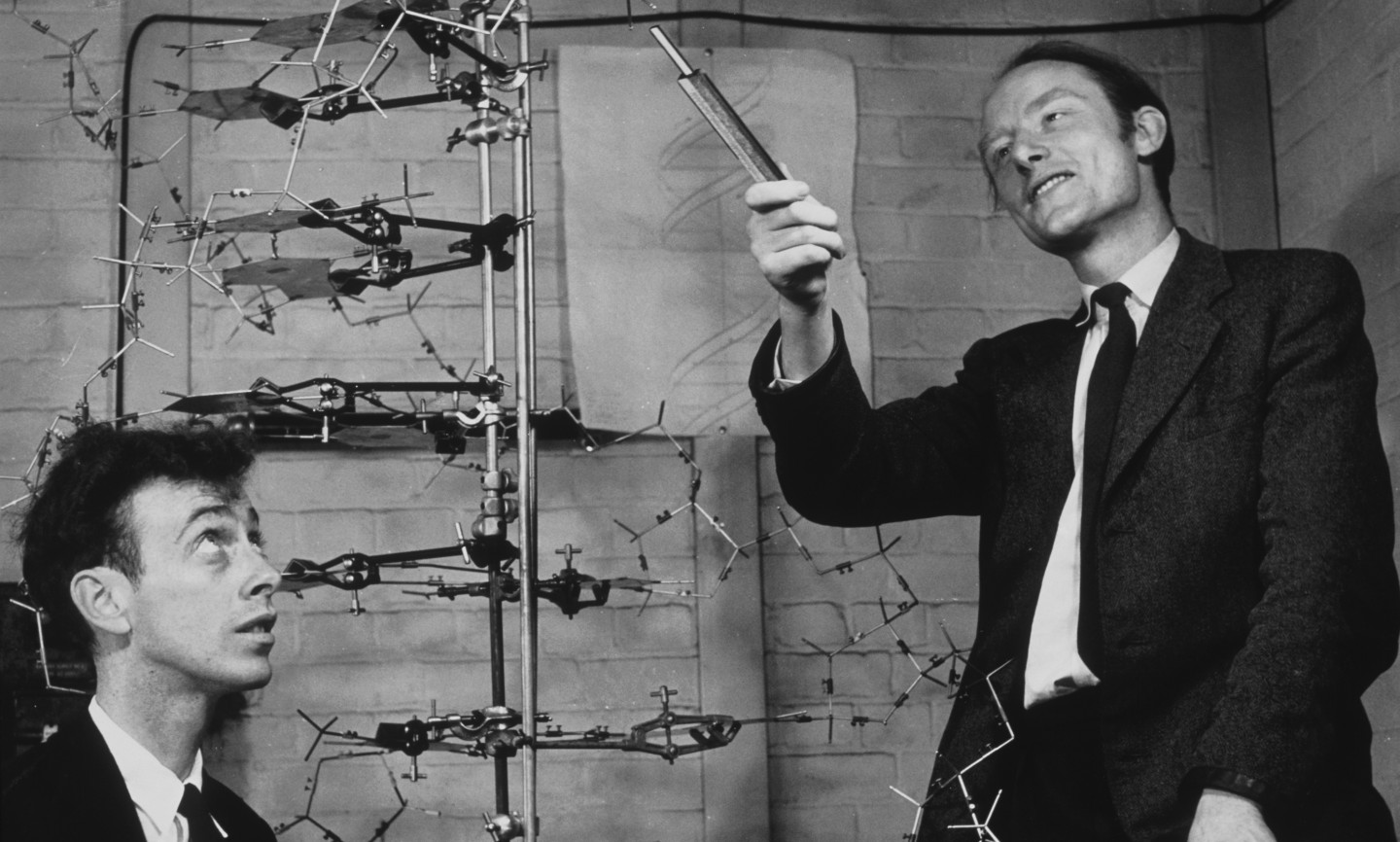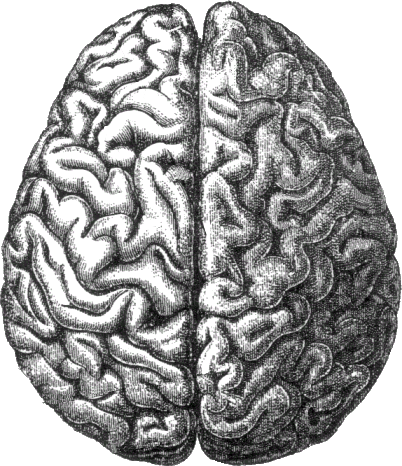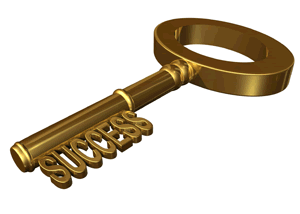-
Introduction Lesson 1.4 - Models & Knowledge
Welcome back!
M odels are all around us. Chances are you have a few examples of models at home, and maybe you’ve even built a few of them. Everything from a doll, to a toy car, to a plastic dinosaur can be considered a model. A realistic doll or toy car make better models since they represent the real thing more accurately. Scientists use models all the time to study living organisms, test their hypothesis, help explain things they’ve observed, and communicate what they’ve learned. So even an idea can be considered a model. For example, theories are conceptual models which help organize scientific thinking. And if a theory continues to be supported by evidence, then one day they may become a scientific law.
I n this lesson you will learn about the three different types of models used in science, and distinguish between a theory and a scientific law.
C onsider the following questions while you are working through the lesson:How are some models used to make predictions? Give an example for each of the three types of models. What is the relationship between a scale model and that which the model represents? Explain the difference between a hypothesis, a theory, and a law.  James Watson and Francis Crick built the first model of DNA
James Watson and Francis Crick built the first model of DNA -
Big Idea? Summary Instructions for Lesson 1.4
N ow that you've completed your notes for this lesson, it's time to carefully review them. To receive credit, your summary must reach a minimum word count, and must include all of the required vocabulary terms listed below.Use your notes and the Guiding Questions in the lesson Introduction to help you.
Required Vocabulary Terms:
model, scale, theory, law
Minimum Length:
35 -
Activities Research & Labs
Instructions: Go to the link below and use the ruler and protractor to correctly answer all 12 scale drawing questions. When you are finished, show Mr. Guidi all 12 green checkmarks and you'll earn 3 Tokens.
Instructions: Go to the link below and explore the concept of scale. When you are finished, call Mr. Guidi over and he'll ask you a question. If you get it correct you will earn 1 Token.
Video Activities
Instructions: Watch the BrainPOP video below and then take the "Classic Quiz." Pass the quiz with a 100% and show Mr. Guidi to earn 1 Token.
Extra Time Activity

